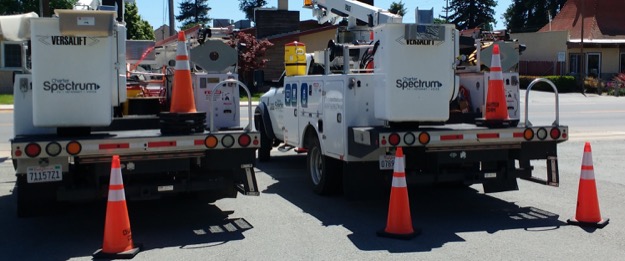California broadband subsidy rules and $300 million on the table
![By Joker Poker [CC BY 2.0 (https://creativecommons.org/licenses/by/2.0)], via Wikimedia Commons](https://www.tellusventure.com/images/2017/3/gambling_table.jpg)
The main event is finally under way. By yesterday’s deadline, thirteen organisations filed comments regarding how the California Public Utilities Commission should spend $300 million in new California Advanced Services Fund (CASF) money (plus however much more is left in the kitty) on broadband infrastructure subsidies. I haven’t read through them all yet – if you’re interested, I’ve posted them all here – but a top line glance shows that service providers, including the big incumbents who expect to use CASF as a private piggy bank, have a lot to say.… More


![By 401(K) 2012 [CC BY-SA 2.0 (https://creativecommons.org/licenses/by-sa/2.0)], via Wikimedia Commons](https://www.tellusventure.com/images/2017/5/piggy_bank.jpg)

![By BrokenSphere (Own work) [GFDL (http://www.gnu.org/copyleft/fdl.html) or CC BY 3.0 (http://creativecommons.org/licenses/by/3.0)], via Wikimedia Commons](https://www.tellusventure.com/images/2018/3/aggie_punt.jpg)

![By Adam Jones [CC BY-SA 2.0 (https://creativecommons.org/licenses/by-sa/2.0)], via Wikimedia Commons](https://www.tellusventure.com/images/2018/3/jackson_hole_625.jpg)
![By Edward Betts (Own work) [CC-BY-SA-3.0 (https://creativecommons.org/licenses/by-sa/3.0)], via Wikimedia Commons](https://www.tellusventure.com/blog/images/2018/3/money_stack_625.jpg)
